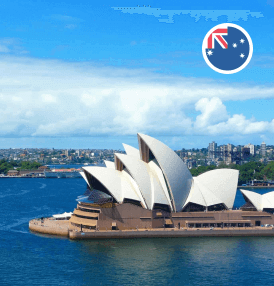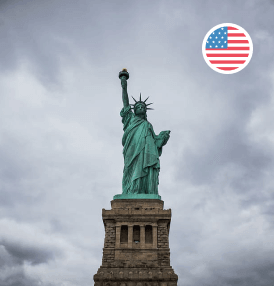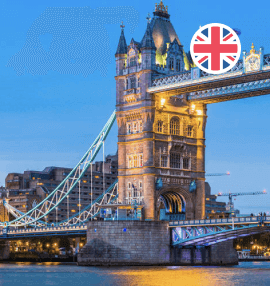Study in Canada: Amazing Destination for Abroad Study
Canada is one of the world’s most prosperous countries and the 2nd largest country in the area after Russia. Its capital city is Ottawa and has the three largest metropolitan areas; Toronto, Montreal, and Vancouver with two official languages English & French.
Globally, Canadian institutions have been frequently listed among the top-ranking institutions. The QS World University Rankings 2023 include 28 Canadian institutions this year which makes Canada a major attraction for higher education in the world and international students have now been trying their best to get accepted into one. Canadian institutions accept English so that international students won’t have problems with academic endeavors.
Canada is one of the most attractive destinations for international students looking to study abroad. The nation is renowned for its best educational system top-ranked institutions, research-oriented study, practical knowledge, and a broad selection of Diploma, Bachelor, Graduate Certificates, Graduate Diploma, and Master. Besides these many other merits attract students to travel to Canada for a better quality of life and lower cost of living, affordable tuition fees, multicultural classrooms, workforce, friendly environment, safest country to stay in, free healthcare, and many more.
Why study in Canada from Nepal?
Some best reasons that fascinate international students to study in Canada are:
- Top-Ranking Institutions
- Affordable tuition fees.
- Smooth admission process.
- Safe and peaceful country to stay in.
- Quality of life standard
- Best career opportunity during and post studies.
- Lower cost of living.
- Multiculturalism
- Free healthcare services
- Immigration opportunities









